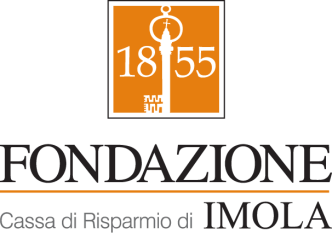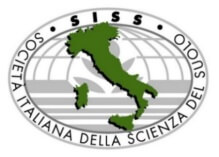Status and prediction of sulfur dioxide as an air pollutant in Tehran, Iran
DOI:
https://doi.org/10.6092/issn.2281-4485/7420Abstract
In the present study, air quality analyses for sulfur dioxide (SO2) were conducted in Tehran, Capital of Iran. The measurements were taken in four different locations to prepare average data in the city. The averages concentrations were calculated for every 24 hours, each month and each season. Results showed that the highest concentration of sulfur dioxide occurs generally in the mid-night and beginning of morning while the least concentration was found at the afternoon. Monthly concentrations of the sulfur dioxide showed the highest value in August while the least value in April. The seasonal concentrations showed the least amounts in spring while the highest in summer. Then Relations between the air pollutant and some meteorological parameters were calculated statistically using the daily average data. The wind data (velocity, direction), relative humidity, temperature, sunshine periods, dew point and rainfall were considered as independent variables. The level relationships between concentration of pollutant and meteorological parameters were expressed by multiple linear and nonlinear regression equations for both annual and seasonal conditions using SPSS software. RMSE test showed that among different prediction models, stepwise model is the best option.
Downloads
Published
How to Cite
Issue
Section
License
Copyright (c) 2018 Masoud Masoudi, Farshad Behzadi, Mohammad Sakhaei
Copyrights and publishing rights of all the texts on this journal belong to the respective authors without restrictions.
Articles published since 2020 are licensed under a Creative Commons Attribution 4.0 International License:
Previous articles are licensed under a Creative Commons Attribution-NonCommercial 3.0 Unported License:











